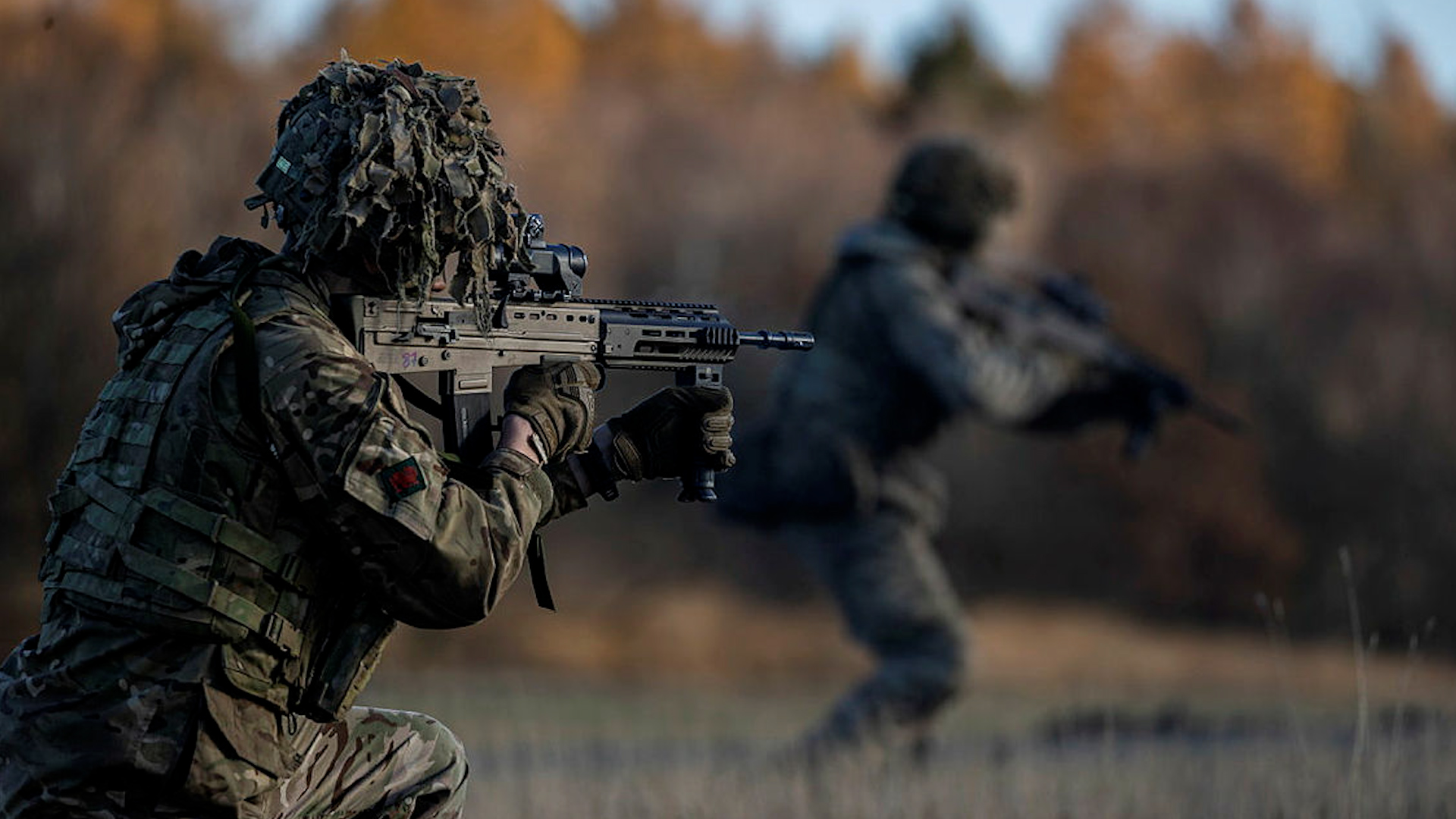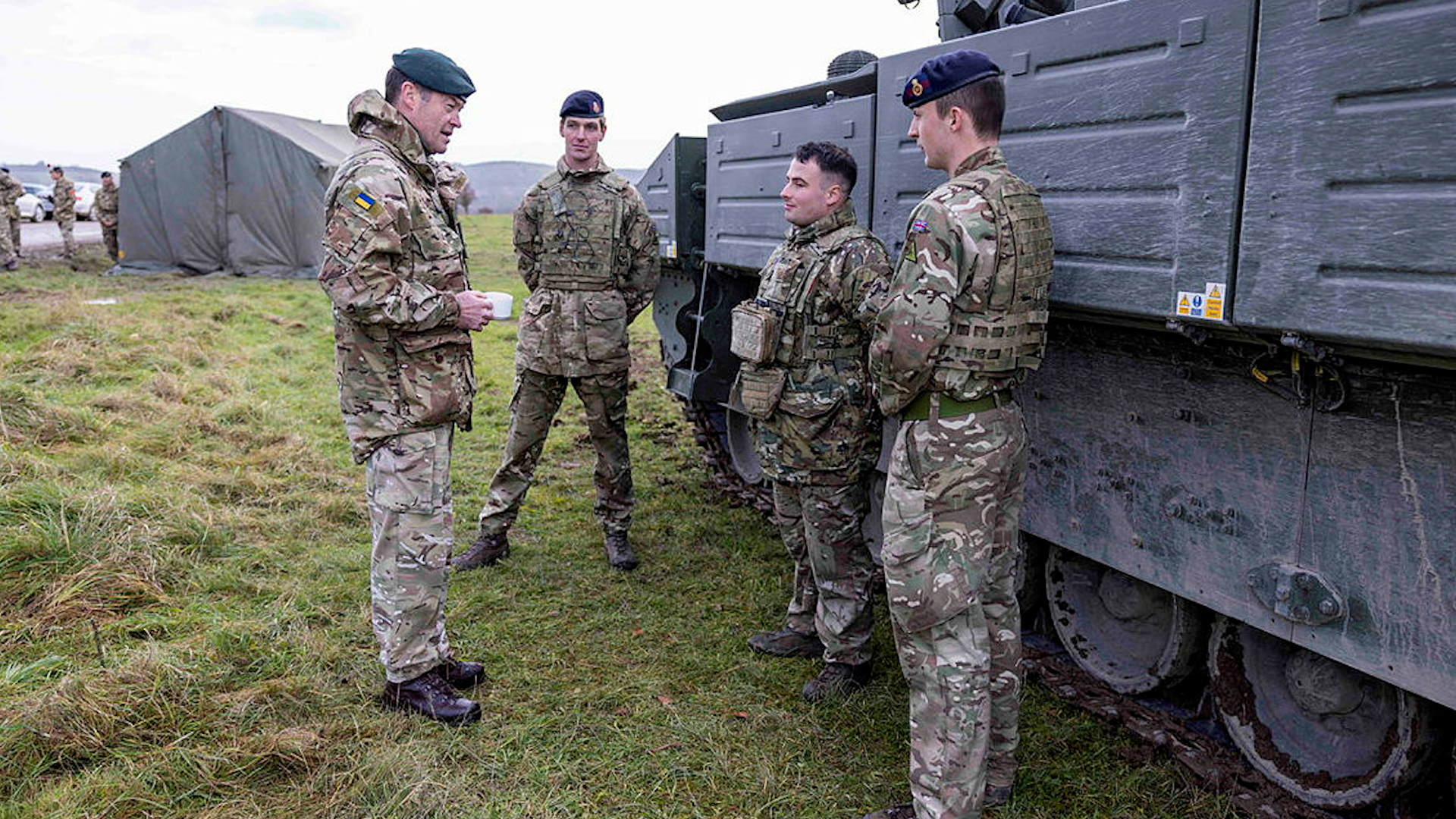
Real reasons why Britain's under-40s would refuse to serve if called up

A recent YouGov survey has revealed in detail the real reasons why Brits would refuse to fight or be called up to serve.
It comes after a poll last month which shows that more than a third of under-40s would refuse conscription in the event of a world war.
The data revealed that 38% (1,156) of under-40s say they would refuse to serve in the Armed Forces and 30% (913) say they would not serve even if Britain was facing imminent invasion.
The latest YouGov survey gave respondents the chance to give their reasons for why they would refuse to serve with the British military in the event of war.
It revealed that the most common reason people gave was that they are "unwilling to fight for the rich and powerful – who they see as profiteers or otherwise unfairly able to avoid the consequences of conflict themselves".
The poll surveyed 3,044 people and one in five (19% or 578) respondents said they were against war, or that they thought war does not solve anything.

One person wrote: "I'm not interested in anything to do with war. It's pointless and destructive I don't want any part of it."
Another person said: "War does not solve the world's problems, instead makes it worse."
"I do not believe in humans killing other humans. Political leaders should reach agreements," someone else said.
Nine per cent of respondents (274) said that the fear of death is the reason for not wanting to fight, with one person saying: "I don't have a death wish."
One person gave their reason for not wanting to join as being unable to shoot straight.
"I would be terrible at war. I am physically unfit and I do not perform well under traumatic conditions (e.g. war). I freeze as a response to trauma/threat, I am clumsy and my aim is poor. I would be a liability to whichever army I joined.
"I do not wish to shoot/kill anyone. I also have a moral objection to joining the Armed Forces."
The topic of conscription has been hotly debated since the head of the British Army said that Britain should train and equip a "citizen army," to prepare the country for a potential land war.
General Sir Patrick Sanders, the outgoing Chief of the General Staff, said increasing Army numbers ahead of a potential conflict would need to be a "whole-of-nation undertaking".
A national survey in 2018 showed that 18 to 24-year-olds are even strongly opposed to the idea of bringing back national service in a time of crisis.
National Service was first introduced in the UK in 1947 to resolve a shortage of manpower in the military in the wake of the Second World War.
Men aged between 17 and 21 were required to undertake a period of service from between six to 18 months.
But, from 1960 onwards, National Service was gradually ended, with call-ups ending formally on 31 December 1960 and the last National Servicemen leaving in May 1963.









